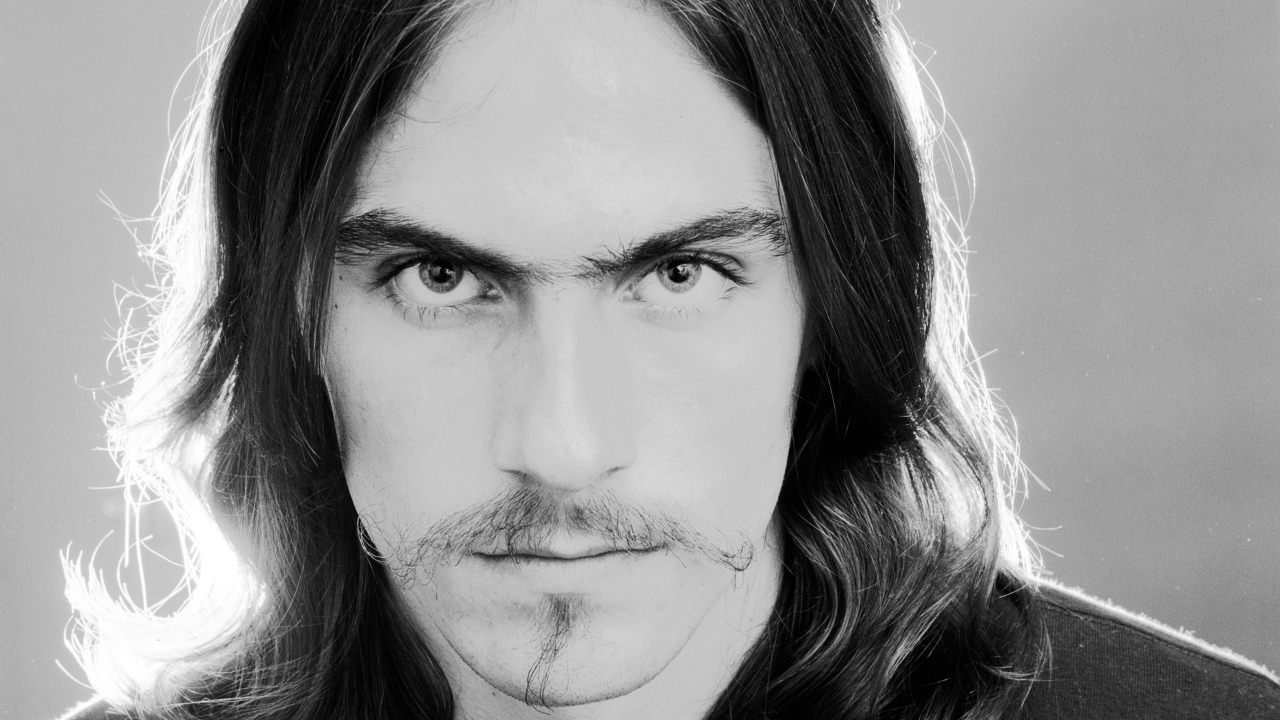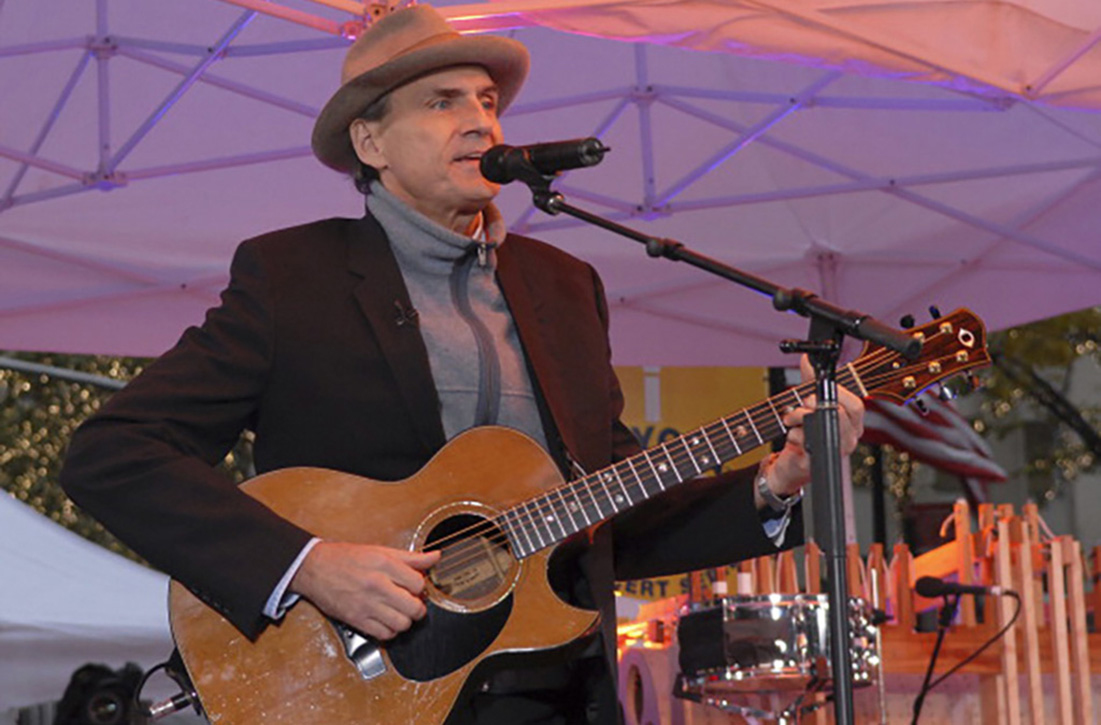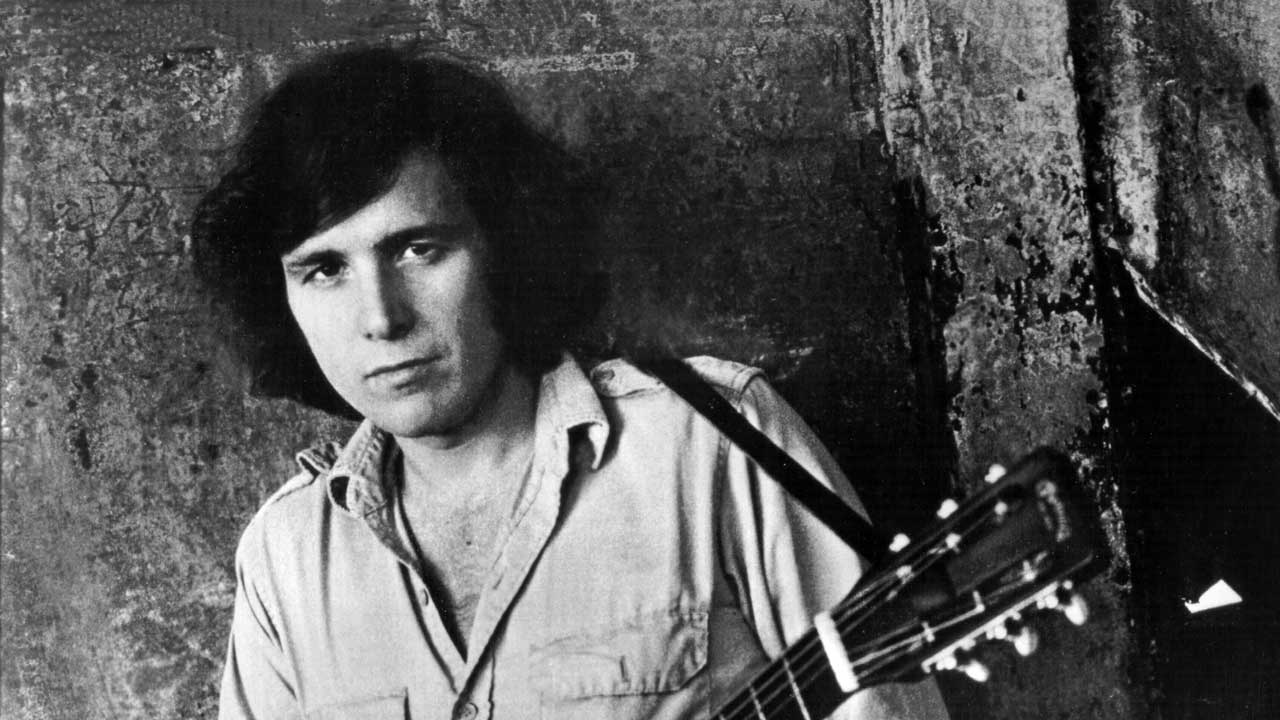Q&A: James Taylor
The veteran singer-songwriter on addiction, recovery, artistry, pain and nicking other people’s music.

There’s a whole lot more to James Taylor than Fire And Rain, Sweet Baby James and his stellar cover of Carole King’s You’ve Got A Friend. Over the last half-a-century he has moved from the mid-60s folk scene in New York City to London as an early signee to The Beatles’ Apple label and was a key figure in Laurel Canyon of the early 70s. He’s weathered depression, divorces and a crippling heroin problem, but somehow always managed to stay at the forefront of American songwriting.
This month Taylor releases Before This World, his first album of brand new material in more than a dozen years. But it’s not like he’s been sitting around twiddling his thumbs. “Well, we released five albums since 2003, so we did a lot of recording,” he tells us. “What there really wasn’t time to do was write.” But he’s found time now…
For thirteen years your standard excuse for not releasing an album of new material has been that there’s simply been “no time” to write. When did that change?
I’m always writing, putting ideas down and saving them, but to actually focus on a bunch of songs you really do need to plan for it, take the time off. And I finally got around to that in 2013. And then all through 2014 we’ve recorded. It was very reassuring to me to write new songs again and to get back into that frame of mind. It was great.
So life was too full of other things?
I would say so, yeah. With two young children there’s a lot of school and activities, and I really needed a year to get back into writing.
In songs you often come across like the old friend, giving advice, consolation, encouragement. Is that your trademark?
Sign up below to get the latest from Classic Rock, plus exclusive special offers, direct to your inbox!
I think that a lot of my songs are celebratory. A few of them are angry, some are political, some are experimental and some are mystical or spiritual. I’m known, I think, for sort of helping people through hardship. Which is great, but it’s by no means the whole picture.
**How come you’re still singing about recovery? **
Recovery’s a big part of my life. You know, I’m an addict in recovery for thirty years now. I do think a lot about it and I write a lot of songs that tend to be grateful. Some of them are regretful, but I’ve written a lot of recovery songs.
So it’s part of who you are as an artist?
Yeah. It’s a theme I keep coming back to.
What was the fascination with heroin back in the day? Was it an escape? Was it just because it was available?
I wouldn’t say that heroin held a fascination for me so much abstractly from the outside, it was just available. Sooner or later I was going to run into it, and it turned out that I was just a sitting duck. As soon as I found it I was in trouble.
And these days touring is the new addiction?
Ah, no. I don’t look at touring as an addiction.
Would you say the best songs are based on pain?
No, by no means. I think that a large percentage of my songs are celebratory. They are enjoyment. And the music itself is enjoyable to me, deeply enjoyable. So I wouldn’t say that pain is necessary for people to be an artist, I just think that a deep life experience is. I think it’s a lot more complicated than just to say: “Art comes from deep suffering.” People suffer without creating anything, and suffering doesn’t have to have a product.
In 1968 you were signed by Apple Records, shortly after you became an instrumental part of the Laurel Canyon scene. How magical was that time?
1968 is when I was discovered and got the break that allowed me to make a career of music. After the war, people started making babies in earnest and there was a huge population bump. And when that population bump got to be twenty years old, which was around 1968, that was a period where the music spoke to an overwhelming percentage of the population. It was such a large segment and it allowed itself to feel as though it had the power to change the world. And I think in many ways it did change the world. It was a very diverse movement, but I think that it happened because of this large number of people between the ages of, say, eighteen and twenty-five who were are all becoming emancipated at the same time. That was an amazingly creative and exciting time to be alive.

However, there’s this quote from Lester Bangs: “The mellow, Californian soft rock betrayed rock’n’roll’s rebellious agenda.” Would you agree?
No, not at all. We’re not making foie gras here, it’s not being forced down anyone’s throat. You can take it or leave it, you know? My music is available, but it’s not compulsory. You’re welcome to hate it as well as to like it. That’s fine.
How come you never sued George Harrison for stealing your lyrics for his song Something? I mean, that’s your song, Something In The Way She Moves, in there, isn’t it?
I don’t think he ripped anything off intentionally. It’s more like all music is borrowed from other music, therefore I let it pass. But then what happened was that people thought I had stolen my songs from his, which is unbelievable. And that did hurt a bit. But I do have to admit that at the end of Something In the Way She Moves there is a line that goes: ‘She’s in love with me and I feel fine’,which is taken from a famous Beatles song that we all know [I Feel Fine]. So I can’t sue someone if I’m guilty of the same crime, really.
Will you ever record a duet with Taylor Swift?
I have no idea. She and I have worked together a couple of times, and she’s a lovely person, but that’s another world. I find it best to just focus on what I’m doing. And I think the aspect of celebrity is toxic. I think that if you can get away with as little celebrity as possible you’re much more likely to make interesting art.
